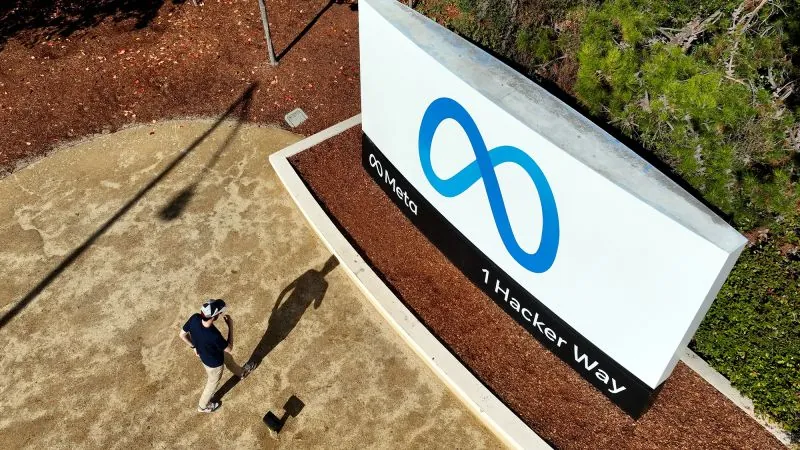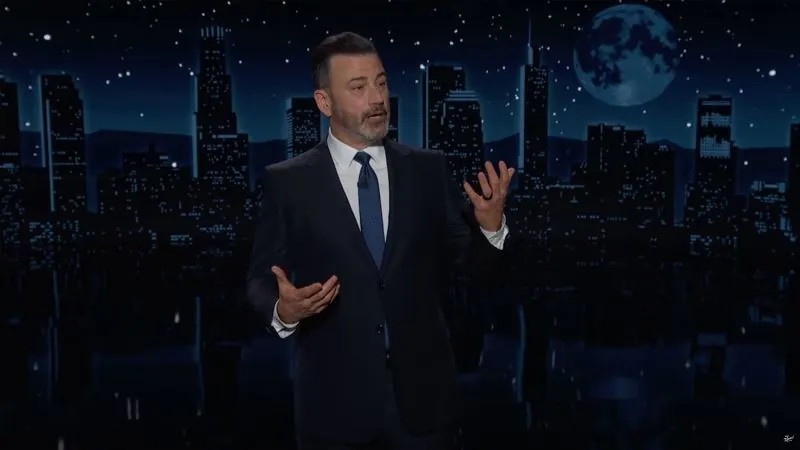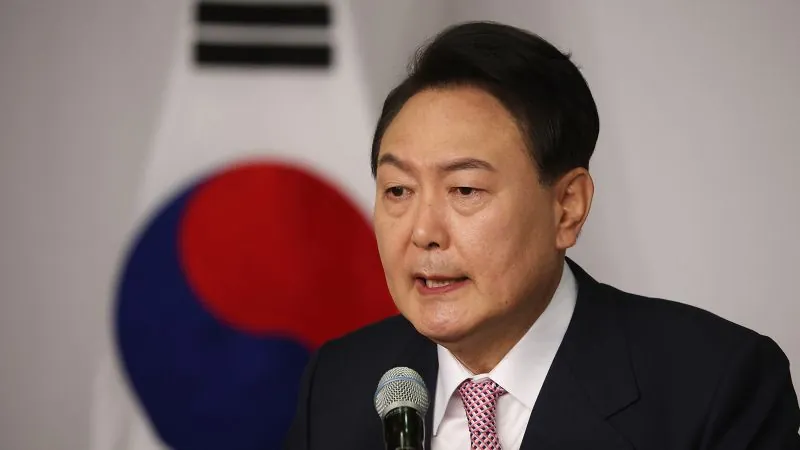
Meta Shocks Industry by Ending DEI Programs Amid Controversial Comments from Zuckerberg
2025-01-11
Author: Chun
Introduction
In a surprising move that has sent shockwaves through the tech industry, Meta has announced the termination of its diversity, equity, and inclusion (DEI) initiatives. This decision comes amid increasing scrutiny and pressure from conservative critics, positioning Meta among several companies retreating from DEI practices.
Internal Memo Highlights Changes
In a memo distributed to global employees, Janelle Gale, Meta’s vice president of human resources, outlined the extensive changes, including the disbanding of its DEI team and the cessation of both equity and inclusion programs. Gale pointed out that the legal landscape surrounding these initiatives is shifting significantly, especially following recent rulings from the Supreme Court emphasizing that discrimination based on inherent traits is intolerable.
Polarization of DEI Terminology
Gale remarked that the term 'DEI' has grown increasingly polarizing, suggesting it implies preferential treatment of certain groups. The memo, first reported by Axios, confirmed that Meta’s chief diversity officer, Maxine Williams, will transition into a new role focusing on accessibility and engagement. In a significant departure from previous policies, the company will stop requiring managers to seek out candidates from underrepresented groups and will halt initiatives aimed at hiring minority-owned vendors.
Transition to Bias Reduction Practices
Instead of continuing with DEI programs, Gale noted that Meta will pivot towards implementing practices aimed at reducing bias for all candidates, irrespective of their backgrounds. This announcement aligns with ongoing transformations at the company, many of which seem tailored to attract right-leaning audiences since the election of President Trump.
Changes in Fact-Checking and Content Moderation
Meta also made headlines by deciding to discontinue its third-party fact-checking programs and altering its guidelines on hateful conduct, now permitting certain previously banned content across its platforms. This strategy is seen as an effort to broaden user content expression, reflecting Zuckerberg's comments on the Joe Rogan podcast about staying true to Meta’s mission to enable people to share freely.
Zuckerberg's Evolving Perspective on Free Speech
During the podcast, Zuckerberg shared his evolving perspective on free speech and content moderation, highlighting a 'journey' marked by events like Trump’s election and the heightened pressure from the Biden administration regarding misinformation during the Covid-19 pandemic. He described a tense atmosphere where administration officials aggressively pressed Meta to remove content they labeled as misinformation.
Rethinking Content Moderation
Zuckerberg admitted to reevaluating his approach after realizing the extent to which fact-checking and content moderation could erode user trust in the platform. He recalled instances where the Biden administration pressured the company, highlighting a particular incident involving a controversial meme about Covid-19 vaccines.
Implications and Future Observations
As Meta shifts its focus, analysts are keenly observing the implications of this decision on its corporate culture and relationships with diverse communities. The tech giant's upcoming strategies will likely face scrutiny from various stakeholders in an increasingly polarized social environment.
Conclusion
This bold move by Meta could represent a crucial turning point not only for the company but also for broader conversations about diversity and inclusion in corporate America. As the landscape continues to evolve, the impact of Meta's decision is sure to resonate across industries and influence future policies on diversity initiatives.





 Brasil (PT)
Brasil (PT)
 Canada (EN)
Canada (EN)
 Chile (ES)
Chile (ES)
 Česko (CS)
Česko (CS)
 대한민국 (KO)
대한민국 (KO)
 España (ES)
España (ES)
 France (FR)
France (FR)
 Hong Kong (EN)
Hong Kong (EN)
 Italia (IT)
Italia (IT)
 日本 (JA)
日本 (JA)
 Magyarország (HU)
Magyarország (HU)
 Norge (NO)
Norge (NO)
 Polska (PL)
Polska (PL)
 Schweiz (DE)
Schweiz (DE)
 Singapore (EN)
Singapore (EN)
 Sverige (SV)
Sverige (SV)
 Suomi (FI)
Suomi (FI)
 Türkiye (TR)
Türkiye (TR)